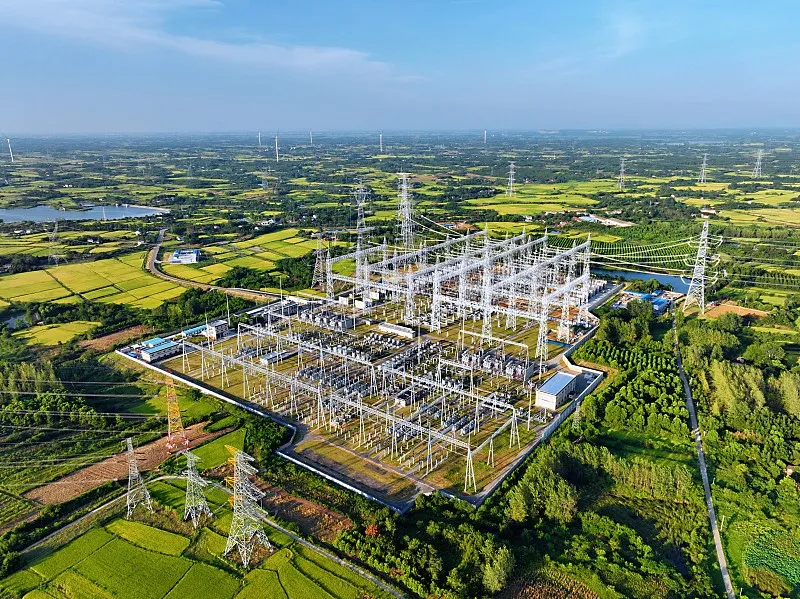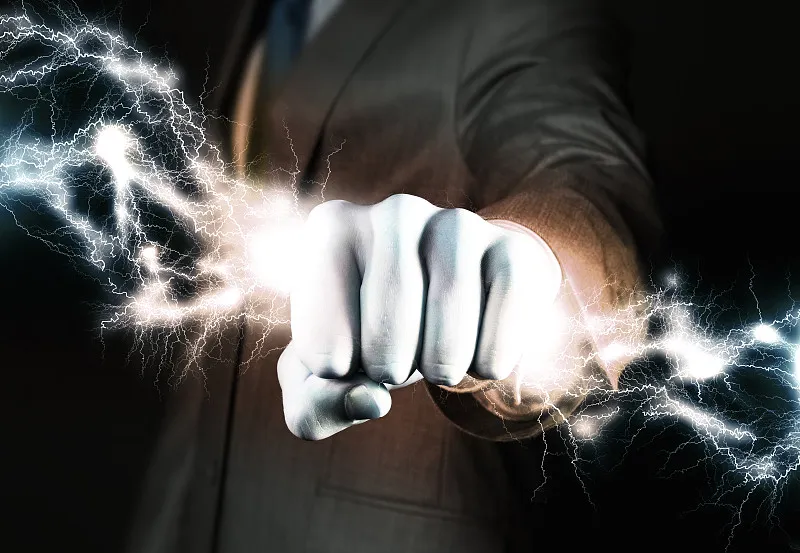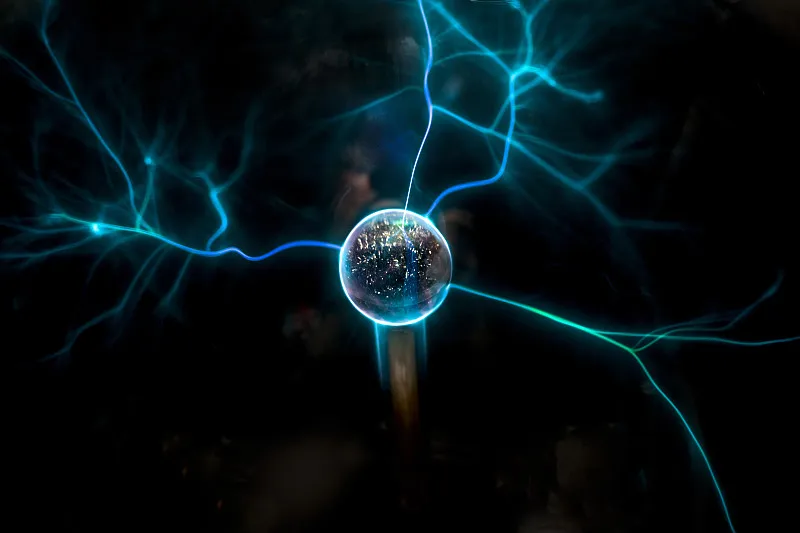Energy-Efficient Gas Water Heaters for Instant Hot Water Supply
Why Energy-Efficient Gas Water Heaters Dominate Modern Homes
Reducing Energy Bills with Advanced Combustion Technology
One of the main reasons energy-efficient gas water heaters are embraced in modern homes is their capacity to lower energy costs through advanced combustion technology. This technology enhances efficiency by delivering more heat with reduced fuel consumption, enabling models to improve fuel utilization by up to 30%. This improved fuel efficiency directly impacts energy bills positively, making gas water heaters a cost-effective long-term option. Furthermore, integrating modulating gas burners elevates combustion optimization, allowing homeowners to save significantly on energy costs annually. Choosing such technologically advanced gas water heaters translates to significant savings and sustainable energy usage over time.
Environmental Benefits of Low NOx Emissions
Energy-efficient gas water heaters also boast significant environmental benefits due to their low nitrogen oxide (NOx) emissions. These models, when compared to traditional gas heaters, produce considerably less NOx, contributing to better air quality. Research indicates that adopting low NOx gas heaters can slash residential emissions by up to 40% in urban areas, proving these heaters to be eco-friendly choices. Additionally, many energy-efficient gas water heaters comply with California's stringent air quality standards, highlighting their environmental advantages. By choosing these models, users are not only opting for efficient heating but also supporting eco-friendly practices, aligning with global trends toward reducing emissions and enhancing urban living conditions.
Critical Features for Instant Hot Water Performance
Flow Rate Essentials: Matching GPM to Household Needs
Understanding the required gallons per minute (GPM) is essential when selecting a gas water heater to meet household demands. A typical household requires anywhere from 5 to 10 GPM, based on simultaneous water usage. This ensures you avoid cold water surprises. By selecting heaters with adjustable flow rates, homeowners can enjoy the flexibility needed for potential future expansions, maintaining a consistent hot water supply even with fluctuating demands.
Condensing Technology for Maximum Heat Recovery
Condensing technology is a game-changer in gas water heaters, capturing and reusing exhaust heat to boost overall efficiency and cut costs. These systems are often more compact, making them ideal for installation in smaller spaces. With energy efficiency ratings often exceeding 90%, condensing technology presents significant long-term economic and environmental advantages, making it an attractive option for cost and eco-conscious homeowners looking to maximize heat recovery.
Smart Temperature Controls & WiFi Integration
Smart temperature controls offer precise management, significantly enhancing user convenience by allowing remote programming. With WiFi integration, homeowners can monitor energy usage patterns and adjust settings to optimize performance, ultimately saving on costs. These innovations further improve durability and reliability by preventing overheating and minimizing wear and tear, reaffirming their value in modern gas heaters and catering to the needs of tech-savvy households.
Tankless vs Traditional Gas Heaters: Efficiency Showdown
On-Demand Hot Water: How Tankless Systems Work
Tankless gas heaters are a hallmark of energy efficiency, heating water only when necessary, which effectively eliminates standby heat loss. This working mechanism ensures continuous hot water access, making them ideal for homes with significant hot water demands such as those with large families. Research suggests that these systems can save up to 34% more energy compared to traditional models, particularly in moderate climates where the temperature differential is less extreme. For those keen on sustainability and cost-efficiency, a tankless system represents a forward-thinking choice.
Recovery Rates in Storage Tank Models
When evaluating storage tank heaters, one of their key strengths is their quick recovery rate, thanks to the insulated tanks. This feature is particularly beneficial for households requiring large amounts of hot water at the same time. The recovery rate dictates how swiftly hot water is replenished after use, making it crucial for peak times. Although storage tank models inherently have limitations due to heat loss over time, efficient insulation can help retain heat, thus maintaining reasonable energy efficiency and reducing ongoing costs in the longer term.
Space-Saving Benefits of Compact Designs
Tankless models are celebrated for their compact designs, offering a significant space-saving advantage over traditional storage heaters. Without the bulk of a storage tank, these units can be installed flexibly, accommodating smaller spaces and contributing to improved living conditions in tighter quarters like apartments. For urban dwellers with limited room for appliances, the smaller footprint of tankless heaters becomes exceedingly beneficial, freeing up precious space for other uses while still delivering reliable hot water.
Installation Insights & Long-Term Maintenance
Venting Requirements for Indoor Gas Heaters
Understanding venting requirements is crucial for the safe operation and compliance of indoor gas heaters with local building codes. Poor venting can lead to hazardous exhaust build-up, compromising both safety and efficiency. Modern gas heaters typically offer flexible venting options, including direct vent or power vent systems. These advanced systems enhance air circulation and permit versatile installations, making it easier to integrate them into different home structures. Ensuring proper venting not only aligns with safety standards but also optimizes the performance of indoor gas room heaters, which is critical for maintaining a safe and efficient home environment.
Annual Flushing to Prevent Sediment Buildup
Annual flushing of gas water heaters is essential to prevent sediment buildup, which can significantly affect performance. Over time, sediments accumulate within the heater, reducing efficiency and increasing energy consumption. Regular maintenance, like yearly flushing, can prolong the unit's lifespan and ensure consistent energy savings. This process improves reliability, thereby avoiding unexpected breakdowns and costly repairs. Experts frequently recommend this practice to homeowners as a straightforward yet effective method of maintaining optimal functionality of their indoor propane heaters over the years.
LEED Certification Compliance Strategies
For environmentally conscious homeowners, choosing gas water heaters that comply with LEED certification can offer multiple benefits, such as enhancing property values and sustainability. Compliance with these standards can lead to potential tax incentives and improve a home's marketability. Understanding LEED requirements, particularly those related to water efficiency, can guide consumers in selecting models that meet certification criteria. By focusing on these compliance strategies, homeowners can ensure their gas heaters contribute to a sustainable living environment while being mindful of eco-friendly practices.
Financial Incentives & Operational Savings
Navigating Federal Tax Credits (IRA Provisions)
Understanding federal tax credits under the Inflation Reduction Act (IRA) is pivotal if you're considering upgrading to an energy-efficient gas water heater. These provisions incentivize homeowners by offering rebates, potentially allowing you to save hundreds of dollars on your tax returns while contributing to energy-saving initiatives. According to a study by the Department of Energy, transitioning to these options can result in significant financial benefits. Staying informed about these provisions will ensure you maximize your savings when upgrading your home heating systems.
Calculating 10-Year Cost of Ownership
Assessing the 10-year cost of ownership for gas water heaters, including installation, maintenance, and operational expenses, is crucial for effective financial planning. It's important for homeowners to weigh upfront costs against potential savings from energy-efficient equipment. This analysis can reveal substantial savings, offsetting initial investments over time. By calculating these factors, you can make informed decisions and forecast long-term benefits, ensuring your investment is sound and financially viable.
Propane vs Natural Gas Cost Comparisons
Comparing the costs between propane and natural gas is essential for identifying potential savings when choosing an energy source for gas water heaters. Research indicates that, depending on regional availability and market pricing, natural gas often emerges as the more economical choice. Evaluating local supply options and anticipating future price trends will enable you to make informed decisions that align with both your budget and energy needs. This strategic evaluation can lead to operational savings and support in choosing the best energy solution for your home.







